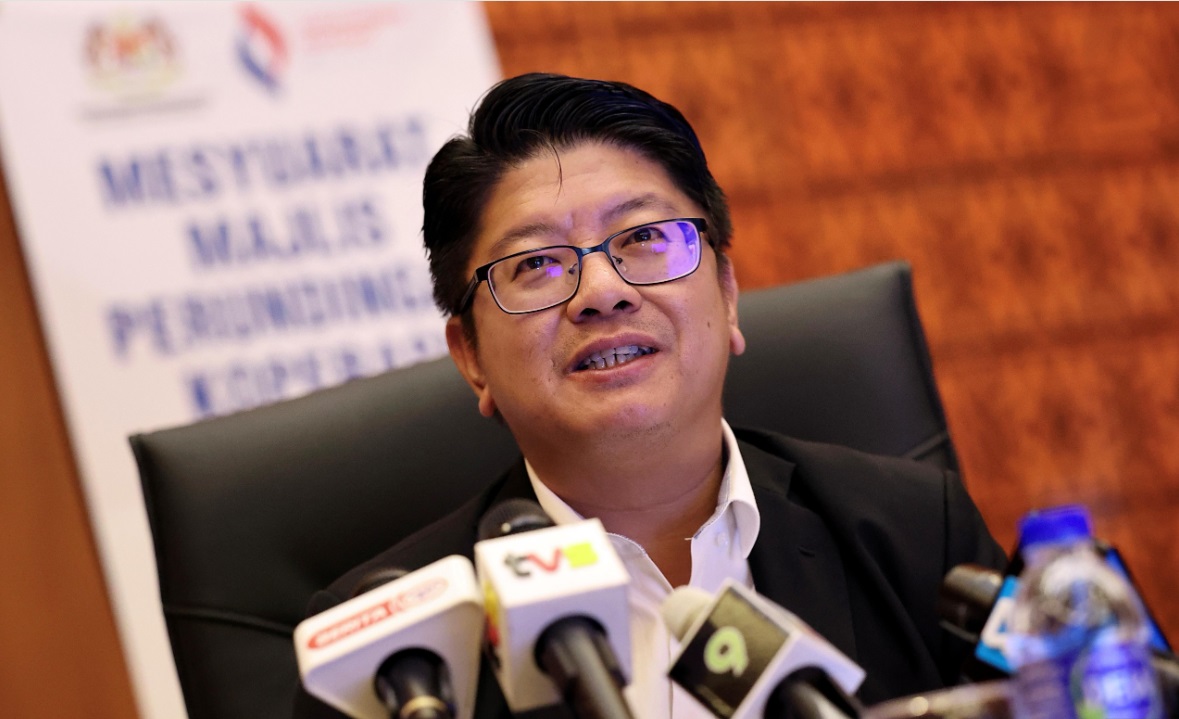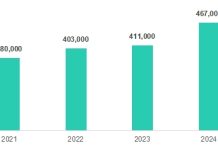
SMEs play a crucial role in driving economic growth within the Asia-Pacific Economic Cooperation (APEC) region, particularly when it comes to fostering inclusive development, as inclusive growth should be equitable.
“(This is why we need to get the involvement of SMEs and the youth as well as the involvement of women enterprises,” said Investment, Trade and Industry Minister Tengku Datuk Seri Zafrul Abdul Aziz.
According to the minister, 70% of Malaysia’s working population is employed by SMEs including women-owned enterprises and micro SMEs.
With Malaysia assuming ASEAN chairmanship next year, Tengku Zafrul said that the country is planning to conclude the Digital Economic Framework Agreement, which will see e-commerce as one platform with streamlined guidelines, policies and laws, enabling small companies to participate in payments, and many more.
“So, this is similar for APEC economies. We need to make sure that even urban and non-urban areas are integrated in terms of access to markets.
“I think it is important that this (inclusive growth) is being discussed because we are always talking about growth with large countries versus smaller countries that are more developed versus less developed,” he said.
However, he stressed that at the same time, the grouping needs to look at the growth of countries, within regions, between big and small companies and other enterprises like social enterprises and women’s enterprises.
Additionally, the Ministry of Entrepreneur and Cooperatives Development (KUSKOP) and Qhazanah Sabah Bhd (QSB) have the potential to work together to foster the development of SMEs within the state.
Its minister Datuk Ewon Benedick said that to release this aspiration, as the investment arm of the Sabah state government, QSB is urged to become a vendor company registered with KUSKOP.
“The vendor development programme (PPV) opens up opportunities for vendors registered with anchor companies to obtain guidance in terms of training, technical and advisory services as well as increased productivity,” he said during a visit to the QSB office at Menara Kinabalu in Sabah.

Ewon was also briefed on the SME investment partner (SIP) programme implemented by QSB’s unit, Qhazanah Investment Sdn Bhd with support funds from SME Corp, which is an agency of KUSKOP.
“I am very pleased with the outstanding achievement of Qhazanah Investment, which ensured that SIP funds were invested in national SME companies that currently have provided a return on investment,” he added.
Similarly, Khazanah Nasional Bhd announced its plan of continuing its efforts of investing in start-ups, as venturing capital in start-ups is integral to supporting the ecosystem and enhancing control mechanisms.
On this, Finance Minister II Datuk Seri Amir Hamzah Azizan highlighted that such investments help create job opportunities, stimulate the economy and introduce advanced foreign technologies to Malaysia.
He further added that the objective of venture capital investments is growth, acknowledging the inherent risks but also the significant potential for high returns if successful.
“(While we are) aware of the risks and rewards associated with venture capital and private equity, Khazanah and Permodalan Nasional Bhd agree that investments should be managed by evaluating the overall performance of the portfolio, rather than focusing solely on individual investments,” he ended.














